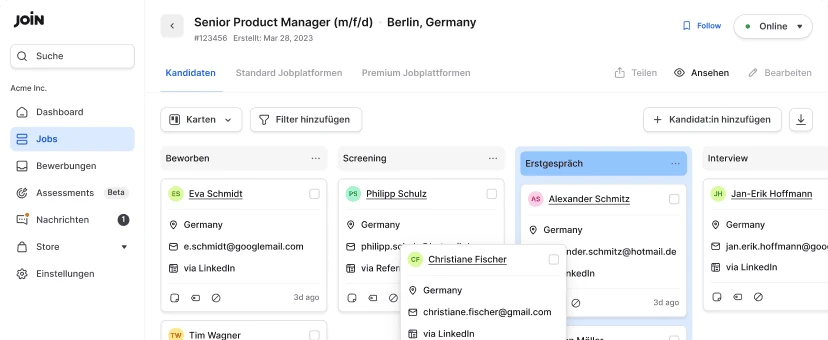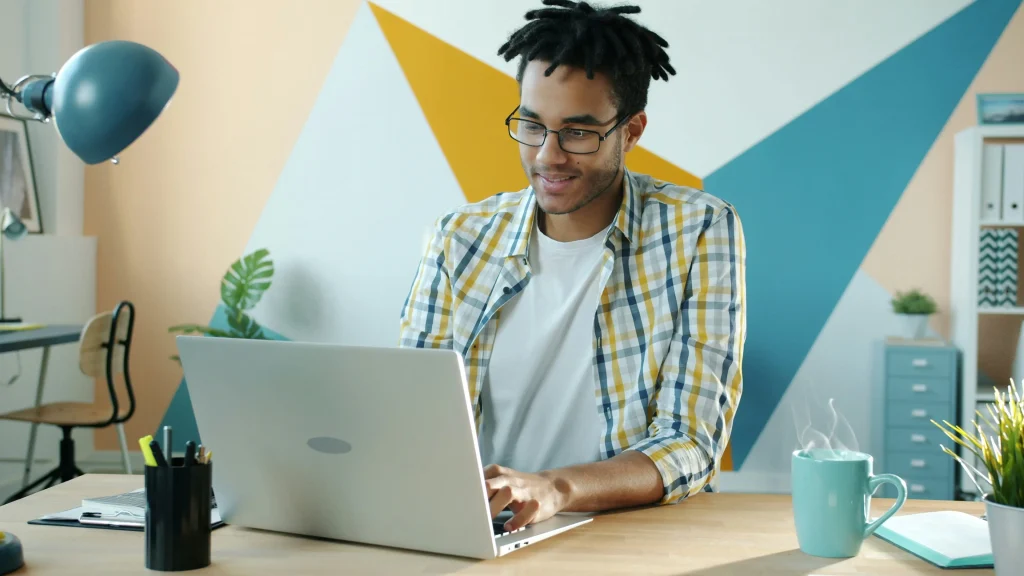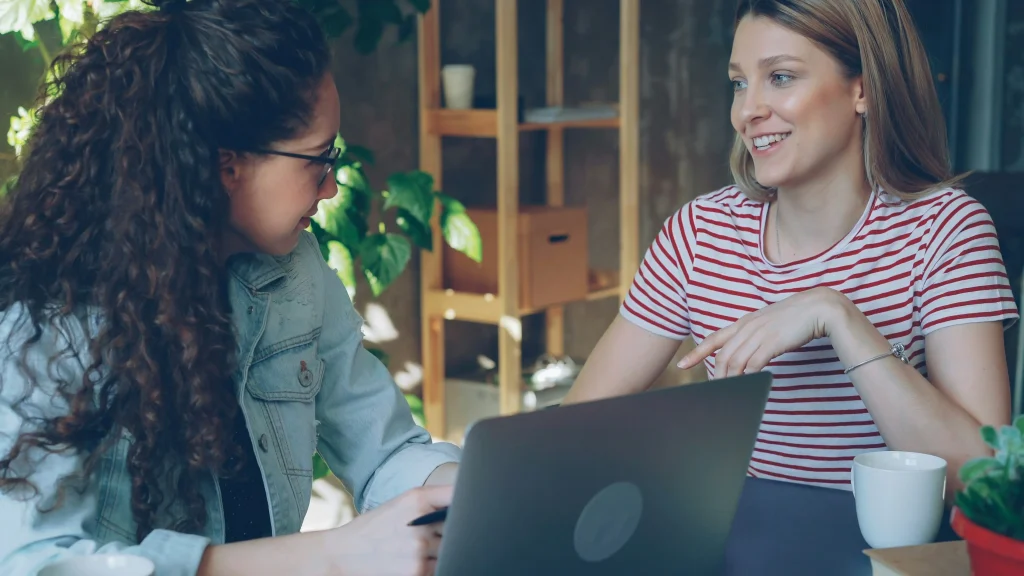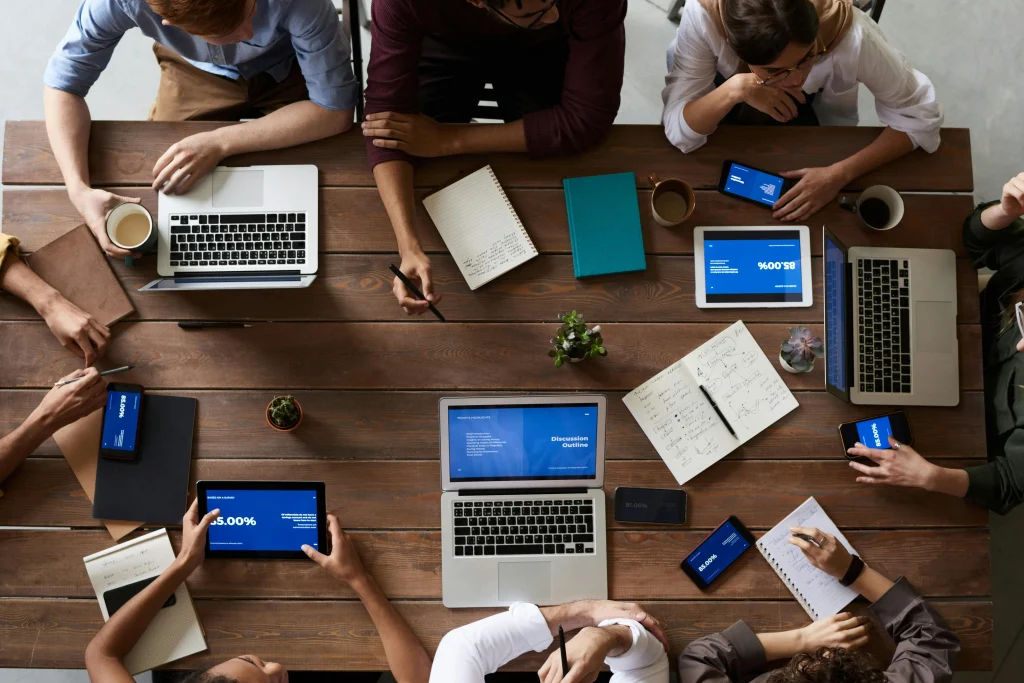Best interview questions for your hiring process
Welder Interview questions
Welders are experienced construction professionals who can work with a huge variety of metals to create products, structures and more. They can also use their specialised skills to repair and enhance existing metal structures or products.
You should seek these skills in your Welder:
- Previous experience in a welding role.
- Trained and confident using a variety of welding equipment and tools.
- Knowledgeable and mindful of best welding safety practices and procedures.
- Ability to efficiently draft up technical designs and drawings.
- Ability to follow technical plans and blueprints.
- Physical ability to use welding tools and equipment.
Interviewing a Welder
Welders have a high level of specialised knowledge that makes them an indispensable asset to any construction team. As their work will impact the work of the rest of the construction project, hiring the right person for the job is critical!
That’s why we’ve created a guide designed for use early in the interview process that will make choosing the right person easier. Here, you can find questions to test a Welder’s hard skills, soft skills and cultural fit for your team.
How to open the job interview
You want your Welder to feel comfortable during the interview, so you can properly assess their fit for your team and get a good overview of their skills. Luckily, this is easy to do by asking a couple of easier questions that will help to relax them and get the conversation flowing.
Best interview questions for your hiring process
See our Welder job description hereFor the interview
A positive opener to start
What is your proudest career moment?
What do you enjoy most about being a Welder?
Behavioral Questions
Tell me about your previous construction working environments.
Tell me about a time you’ve made a mistake during a project. How did you handle this?
Even the most experienced Welders will make mistakes from time to time. What is important is how they will handle this situation. An ideal candidate will be able to detail how they minimised the damage from their mistake, and what they took from this experience for the future.
How do you stay up to date on the latest changes and trends in welding?
Knowing your candidate is passionate about their industry and constantly learning new things that they can bring back to your business is hugely beneficial.
Tell me about how you overcame a disagreement with a colleague or client?
Here, you’re looking for a candidate to detail how they can consider their stakeholders’ opinions and incorporate this into their work, while also being able to stand their ground and have confidence in their skills and knowledge.
Soft Skills
How do you stay organised when working on larger construction projects?
Organisation is key in a welding role, as it will ensure quality and safety in the workplace. Your candidate should be able to name a few techniques they use to stay organised.
If tasked with a difficult project that you weren’t sure how to get started on, how would you approach this?
Again, safety is a priority. Simply getting started on a task that they don’t feel confident in could cause safety and quality issues. Instead, you’re looking for a candidate who can display honesty, communication skills and teamwork ability. They should feel comfortable in confessing that they aren’t clear and ask for help.
What skills do you think to make you a perfect fit for this role?
This is an excellent question to ask a Welder, as they may list soft or hard skills that you hadn’t initially considered. You’ll also get a great idea of their confidence levels and areas they excel in.
If you were to notice an error in a colleague’s welding work, how would you deal with this?
An ideal candidate will be able to approach their colleague in a friendly and professional way, offering assistance and checking in with the colleague to ensure they’ve understood the advice.
Hard Skills
Which welding tools have you used in the past? Which do you feel the most confident with?
Knowing the tools that your candidate has used in the past will give you an idea of how well their experience matches up with your current workplace. You’ll also get an idea of anything that they will need to be onboarded with, or skills that they can bring and teach to your team!
What is the most challenging project you’ve worked on in the past? Which tools and techniques did you use to complete this?
Here, you’ll get a valuable insight into the skills a candidate has gained from their previous projects. You’ll also be able to compare these projects to work that you are doing within your own company.
Have you undergone formal safety training in the past?
An ideal candidate will be trained and knowledgeable in safety techniques and know how they can incorporate these into their everyday work.
Would you say that you specialise in any areas of welding?
This won’t be a make-or-break question in most cases, but with this line of work, it is always good to know if your Welder can bring something extra to the team!
What steps do you take to store and maintain your welding equipment?
Properly storing tools and equipment is another important step in construction safety. Your candidate should be able to list a few separate steps they take to maintain specific tools.
Which metals or materials are you most comfortable working with?
This will, again, give you an insight into a candidate’s compatibility with your working environment.
Operational / Situational Questions
Imagine you are working independently on a large project, how do you stay motivated and productive?
Since there may be times when a Welder works alone, in a workshop or factory, it is essential that they can stay motivated and handle the workload themselves. Here, you are looking for some motivation techniques or snippets from the candidate’s past work experience.
Imagine you are working on a large project with no collaborators, how do you quality check your own work?
Quality is a priority in most businesses. Knowing that your candidate can check their own work and prioritise this, even when working independently, is highly important.
Imagine you receive some critical feedback from a client once a project is complete, what would you do in this situation?
The candidate should be able to take action from this feedback, whether this is to go back and improve their previous work or to incorporate this into future projects.
Imagine you are presenting a project plan to an external stakeholder with less technical knowledge than you, how would you ensure they were understanding what you were saying?
Here, the candidate could mention communication techniques such as encouraging questions or using diagrams for further clarity.

Start hiring and prepare your interview
All platforms are available for you to promote your job through JOIN.
Create job ad for free


This is a question that will give you an idea of how well the candidate’s previous experience and workspace fits with your current business. As Welders can work both on large construction projects or independently in a shop, it is good to know what your candidate is used to.